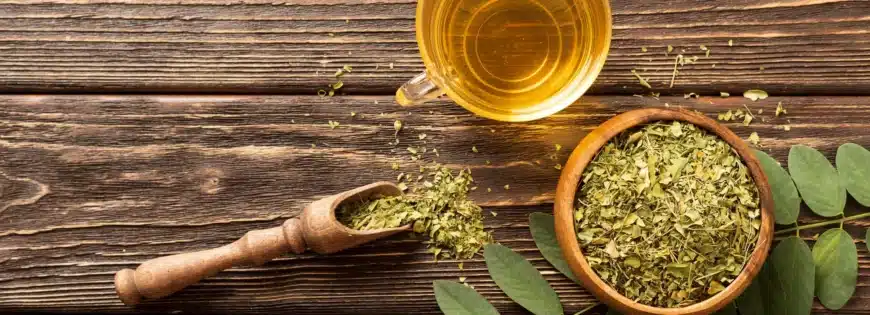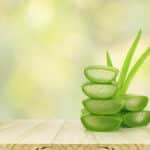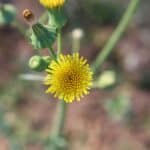Introduction
The potential therapeutic effects of herbal extracts have led to their increasing popularity and considerable significance in contemporary healthcare. These extracts are concentrated mixtures made with organic solvents such as water, ethanol, or other solvents from different plant parts, including leaves, roots, stems, and flowers. Compared to the raw plant material, the final product has more potent forms of the plant’s active chemicals.
1. Health Benefits
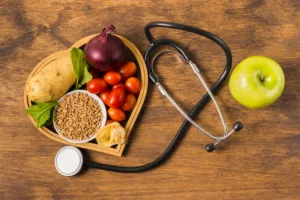
Herbal extracts are rich in antioxidants, protecting cells from free radical damage and aging. Green tea and ginkgo biloba are antioxidants, according to the Journal of Agricultural and Food Chemistry. [1]
The anti-inflammatory effects of herbal extracts help reduce bodily inflammation. Curcumin, found in turmeric, reduces inflammation, according to a Journal of Natural Products study. [2]
Herbal extracts boost the immune system, making it better able to fight infections. In the American Journal of Chinese Medicine, herbal extracts are studied for immunomodulation. [3]
Also Read- Botanical Extracts
2. Medicinal Applications
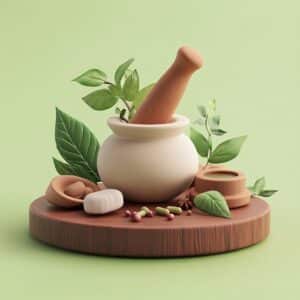
Traditional Uses: Herbal extracts have a rich history of traditional medicinal uses, dating back centuries. Understanding these historical perspectives provides insight into the roots of their effectiveness. For example, the World Journal of Traditional Chinese Medicine explores the historical use of herbal extracts in traditional Chinese medicine. [4]
Modern Applications: Thanks to developments in science, herbal extracts are being used in modern medicine to provide complementary and alternative methods of treatment. Herbal extracts’ contemporary pharmaceutical uses are covered in the Journal of Ethnopharmacology. [5]
Also Read – ESSENTIAL OIL EXTRACTION METHODS
3. Nutritional Value

Herbal extracts have medicinal qualities and essential nutrients like vitamins and minerals. This dual functionality boosts their overall health advantages.
Improvement of Overall Well-Being: Herbal extracts have nutritional qualities that do not just target certain health problems; they also promote general health and energy. The role that herbal extracts play in fostering overall health is examined in the Journal of Herbal Medicine and Toxicology. [6]
4. Research and Scientific Backing
Multiple research projects substantiate the advantages of herbal extracts, establishing a robust scientific basis for their efficacy. These academic sources support the assertions on the therapeutic qualities of botanical extracts. [7]
5. Market Availability
Certain herbal extracts can be purchased without a prescription as over-the-counter medications. It is said that popular and quickly-acting supplements containing peppermint, chamomile, basil, turmeric, honey, garlic, ginseng, amla and licorice can help relieve cough, cold, flu, pain, inflammation and other symptoms. [8]
6. Potency
The phytochemicals’ potency and rapid absorption rate are still another advantage. Since plants have long been known for their potent healing abilities, many chronic illness sufferers have found relief from their illnesses by following a diet high in a range of vibrant fruits, vegetables and fresh-cut herbs.
Conclusion
To summarize, the remarkable advantages of herbal extracts are supported by a blend of past utilization and contemporary scientific investigation. Their wide range of uses, along with their nutritional content and capacity to be sustained, make them an appealing option for individuals in search of natural alternatives for their health and overall state of being.
FAQs
- Are herbal extracts safe for everyone? Herbal extracts are generally safe, but it is advisable to consult with a healthcare professional, especially for individuals with pre-existing medical conditions or those taking medications.
- Can herbal extracts replace traditional medicine? While herbal extracts offer valuable support, they should not replace traditional medical treatments. Consultation with healthcare providers is essential for a comprehensive approach to health.
- How can I ensure the quality of herbal extracts I purchase? Look for reputable brands, check for third-party certifications, and read product labels to ensure the authenticity and quality of herbal extracts.
- Are there any known interactions between herbal extracts and medications? Some herbal extracts may interact with certain medications. It is crucial to inform your healthcare provider about any herbal supplements you are taking to avoid potential interactions.
- What is the recommended dosage for herbal extracts? Dosage recommendations vary based on the specific herbal extract. Follow the guidelines provided on the product label or consult with a healthcare professional for personalized advice.



